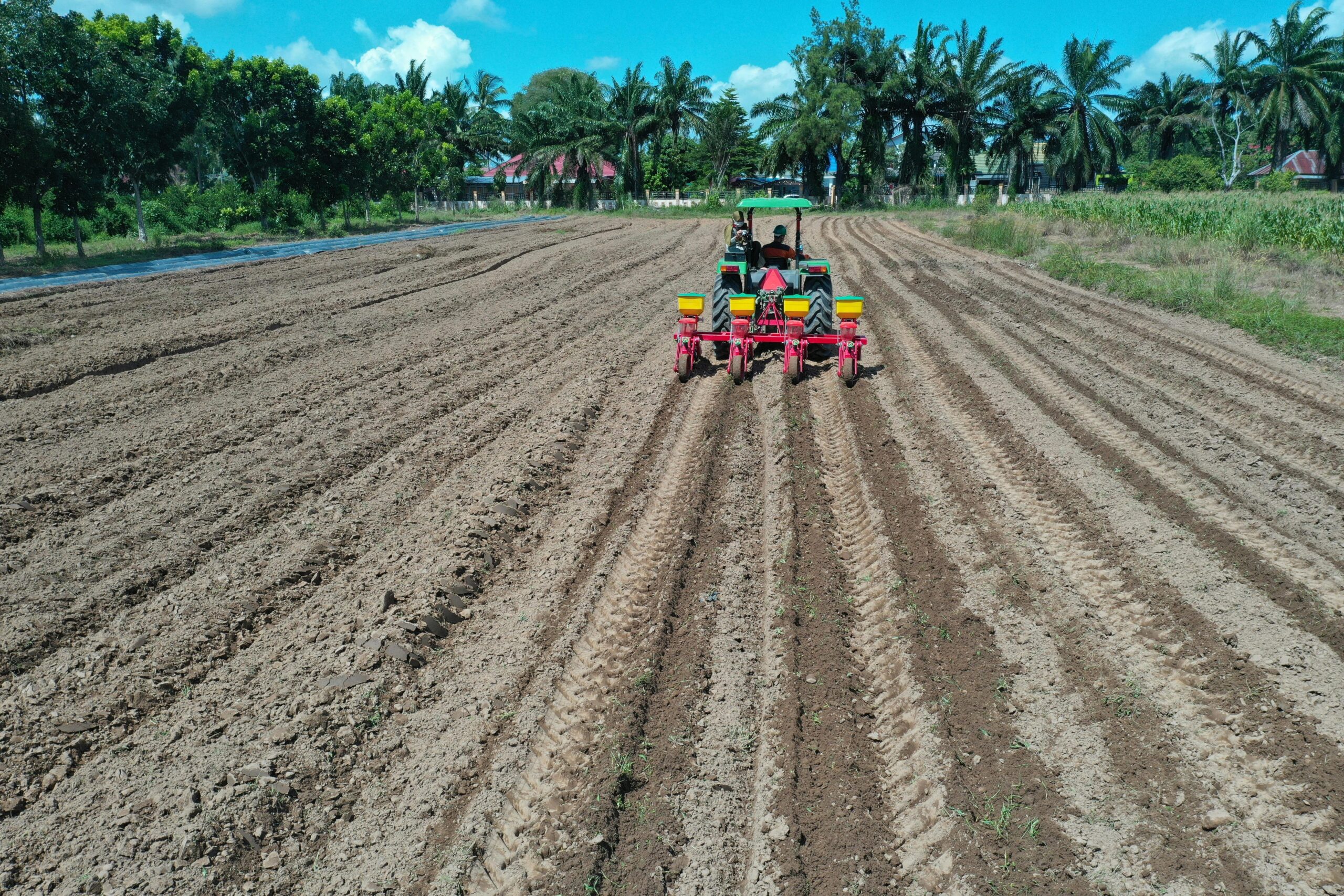- An Extensive List of Australian Banks Offering Agricultural Loans
- Australian agriculture is a significant contributor to the country’s economy, with the sector generating over $60 billion in export earnings annually. However, farming can be a capital-intensive business, and many farmers require financial assistance to purchase land, equipment, and other necessary inputs. This is where agricultural loans come in, and several Australian banks provide such loans to farmers.
- One such bank is the Commonwealth Bank of Australia, which offers a range of agricultural loans to help farmers manage their cash flow, purchase equipment, and expand their operations. The bank’s AgriPak loan, for instance, provides farmers with a flexible line of credit that can be used to finance a variety of needs, including the purchase of livestock, fertilizers, and other inputs. The bank also offers specialized loans for specific agricultural industries, such as dairy and horticulture
- Overview of Australian Agricultural Lending
- Agriculture is a significant sector of the Australian economy, and banks in Australia recognize the importance of supporting the industry through agricultural lending. Many banks offer a range of agricultural loans to farmers, including loans for purchasing land, equipment, and livestock, as well as for operating expenses and capital improvements.
- Agricultural lending in Australia is highly competitive, with many banks offering similar products and services. However, there are some key differences between the various lenders that farmers should consider when choosing a bank for their agricultural financing needs.
- Some of the factors that farmers should consider when choosing a bank for agricultural lending include interest rates, loan terms, fees, and the level of customer service provided. Farmers should also consider the bank’s experience and expertise in the agricultural sector, as well as their understanding of the unique challenges and opportunities faced by farmers.Overall, Australian banks provide a wide range of agricultural lending options to farmers, and with careful consideration and research, farmers can find a lender that meets their specific needs and goals.
-
Major Banks Providing Agricultural Loans
Commonwealth Bank of Australia
Commonwealth Bank of Australia is one of the major banks in Australia that provides agricultural loans to farmers. They offer a range of loan options for farmers, including equipment and machinery finance, farm management deposits, and seasonal finance. Commonwealth Bank of Australia also provides insurance products specifically designed for farmers.
National Australia Bank
-
National Australia Bank is another major bank that offers agricultural loans to farmers in Australia. They provide loans for purchasing livestock, equipment, and land, as well as for improving farm infrastructure. National Australia Bank also offers a range of financial planning and risk management services to help farmers make informed decisions about their operations.
Westpac Banking Corporation
-
Westpac Banking Corporation is a leading provider of agricultural loans in Australia. They offer a range of loan options for farmers, including financing for livestock, crops, and farm equipment. Westpac Banking Corporation also provides financial planning and risk management services to help farmers manage their operations effectively.
Australia and New Zealand Banking Group
Australia and New Zealand Banking Group is another major bank that provides agricultural loans to farmers in Australia. They offer a range of loan options for farmers, including financing for land purchases, equipment, and livestock. Australia and New Zealand Banking Group also provide insurance products specifically designed for farmers.
In summary, these major banks in Australia provide a range of agricultural loan options to farmers, including financing for land purchases, equipment, livestock, and farm infrastructure. They also offer financial planning and risk management services to help farmers make informed decisions about their operations.
-
Types of Agricultural Loans
Australian banks offer a variety of agricultural loans to support farmers and rural businesses. Here are some of the most common types of agricultural loans available:
Farm Management Deposits
Farm Management Deposits (FMDs) are a type of savings account that allows farmers to set aside money during good years to help manage financial difficulties during tough times. FMDs offer tax benefits and can be used to cover a range of expenses, including operating costs, debt repayments, and drought-related expenses.
Livestock Financing
Livestock financing is a type of loan that allows farmers to purchase or breed livestock. This type of loan can be used to cover the cost of purchasing animals, feed, and other related expenses. Livestock financing can be secured or unsecured and may require collateral.
Equipment Financing
Equipment financing is a type of loan that allows farmers to purchase or lease equipment needed to run their businesses. This type of loan can be used to cover the cost of tractors, harvesters, irrigation systems, and other farm equipment. Equipment financing can be secured or unsecured and may require collateral.
Crop Loans
Crop loans are a type of loan that allows farmers to finance the cost of planting, growing, and harvesting crops. This type of loan can be used to cover the cost of seeds, fertilizers, pesticides, and other related expenses. Crop loans can be secured or unsecured and may require collateral.
In summary, Australian banks offer a range of agricultural loans to support farmers and rural businesses. Each type of loan has its unique features and benefits, and farmers should carefully consider their options before choosing a loan that best fits their needs.
-
Loan Features and Terms
Interest Rates
Australian banks offer agricultural loans with competitive interest rates. The interest rates for agricultural loans vary depending on the loan type, amount, and other factors. Generally, the interest rates for agricultural loans are lower than other types of loans due to the lower risk associated with the agricultural sector.
Loan Tenure
The loan tenure for agricultural loans in Australia varies from one bank to another. The tenure can range from a few months to several years, depending on the loan amount and other factors. Banks usually offer flexible loan tenures to match the borrower’s needs and repayment capacity.
Repayment Options
Australian banks offer various repayment options for agricultural loans, including monthly, quarterly, half-yearly, and yearly payments. Borrowers can choose the repayment option that suits their cash flow and financial situation. Some banks also offer the option of making prepayments without any penalty charges.
Loan Amounts
The loan amounts for agricultural loans in Australia vary from one bank to another. The loan amount depends on various factors such as the borrower’s financials, collateral, and the purpose of the loan. Generally, banks offer agricultural loans ranging from AUD 50,000 to AUD 10 million.
-
Eligibility and Application Process
Eligibility Criteria
To be eligible for agricultural loans from Australian banks, applicants must meet certain criteria. These criteria may vary depending on the bank and the specific loan product. Generally, however, the following requirements must be met:
- The applicant must be an Australian citizen or permanent resident.
- The applicant must have a viable agricultural business plan.
- The applicant must have sufficient collateral to secure the loan.
Application Requirements
To apply for an agricultural loan from an Australian bank, applicants will need to provide the following documentation:
- Proof of identity (such as a passport or driver’s license).
- Proof of income and assets.
- A business plan outlining the proposed agricultural project and how the loan will be used.
- Details of any collateral that will be used to secure the loan.
Assessment Process
Once an application has been submitted, the bank will assess the applicant’s eligibility and the viability of the proposed agricultural project. This assessment may include:
- A credit check to assess the applicant’s financial history and ability to repay the loan.
- An appraisal of any collateral that will be used to secure the loan.
- A review of the applicant’s business plan and financial projections.
- A site visit to assess the viability of the proposed agricultural project.
- Based on this assessment, the bank will determine whether to approve the loan and, if so, the terms and conditions of the loan. Applicants should be prepared to provide additional information or documentation if requested by the bank during the assessment process
An Extensive List of Australian Banks Offering Agricultural Loans




